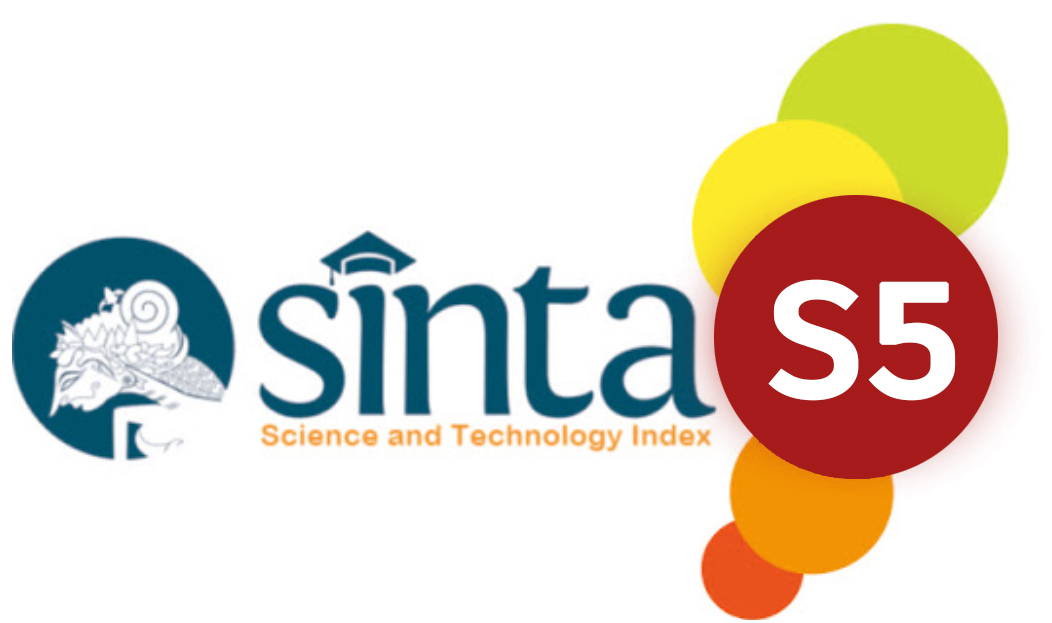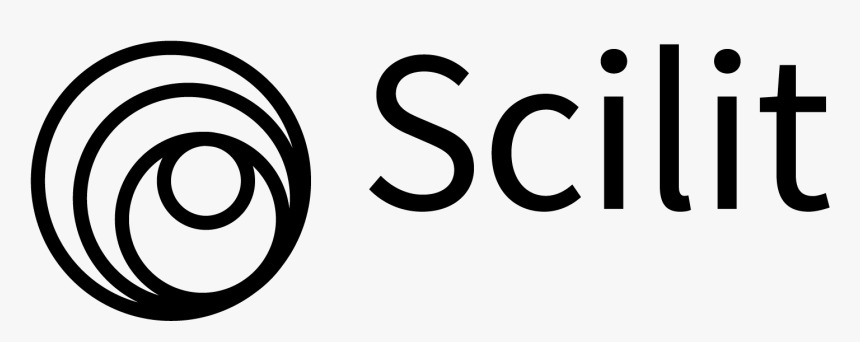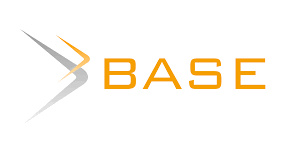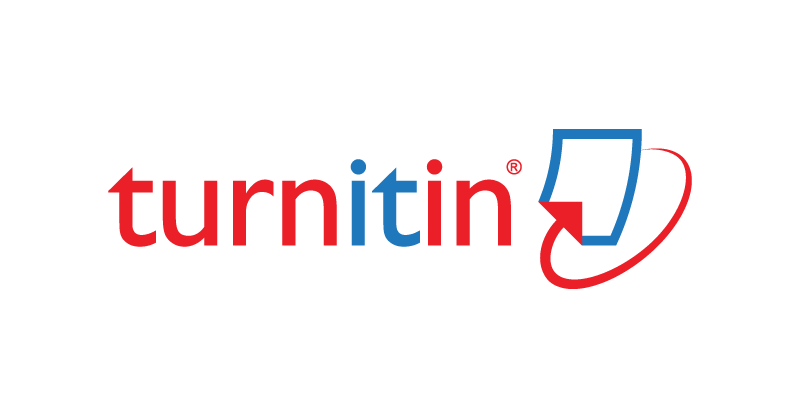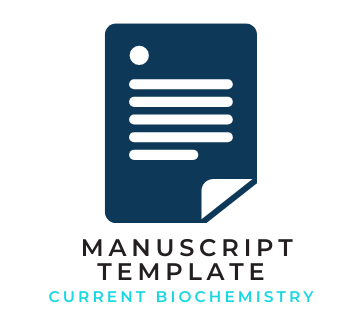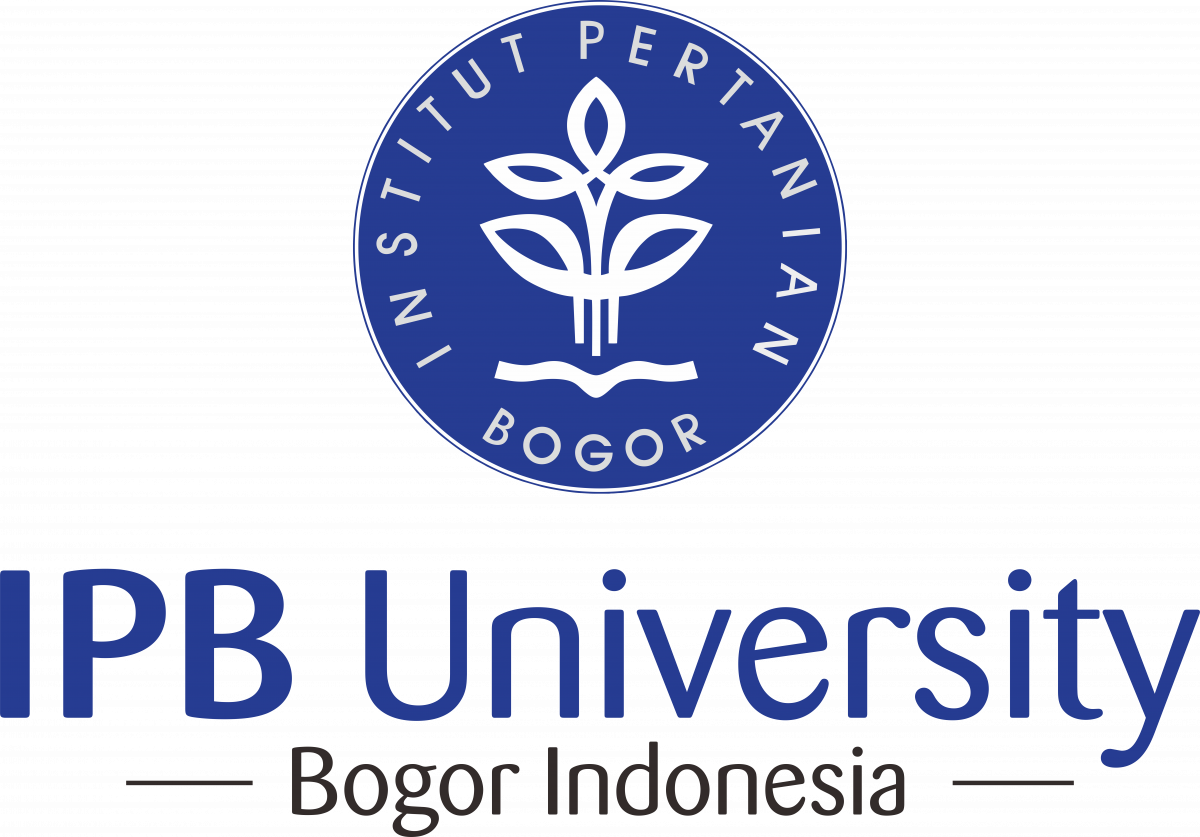Effectiveness of Gnetum gnemon Peel Extract as an Antihyperuricemic in White Rats Rattus norvegicus
Abstract
Melinjo (gnetum gnemon) peel extract is believed to have potential as antihyperuricemic agent, however, in vivo assays have yet to be conducted to prove the antihyperuricemic activity. The objectives of this research were to analyze antihyperuricemic activity of melinjo peel extract in Sprague Dawley male white rat. A total of 24 rats were divided into 6 groups, which are a normal, positive, and negative group, 70% ethanolic extract of melinjo peel dose 450 mg/kg BW (ET I) and dose 900 mg/kg BW (ET II), and water extract of melinjo peel dose 93.35 mg/kg BW (EA). The results show that antihyperuricemic potency of 70% ethanolic extract of melinjo peel (ET1 and ET2) was more effective than allopurinol dose 90 mg/kg BW with a percentage decrease of 50% and 54%. Ethanol extract of melinjo peel was able to reduce uric acid levels to be in the range of normal values (<5 mg / dL). Bodyweight gain of rats given ethanol extract of melinjo peel dose 450 mg/kg BW had values that were close to the normal group. Melinjo peel extract contained flavonoid, tannins, saponin, and triterpenoid.
Copyright (c) 2019 Current Biochemistry

This work is licensed under a Creative Commons Attribution-ShareAlike 4.0 International License.

